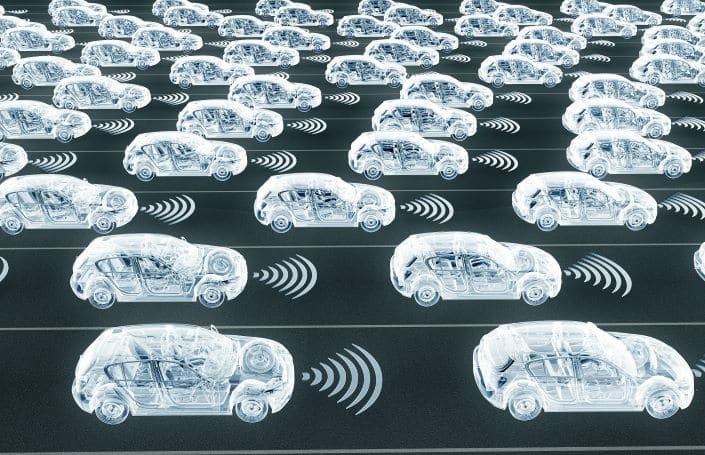11858
0
Israel's Mobileye and Dubai Habtoor partners in robotaxi
Israel's Mobileye and Dubai Habtoor partners in robotaxi ; Israel's Mobileye and Dubai Habtoor partners in robotaxi

Yazar: Zack Smith
Yayınlanma: 28 Eylül 2020 15:17
Güncellenme: 3 Mart 2026 05:19
Israel's Mobileye and Dubai Habtoor partners in robotaxi
Last Wednesday, Israel's Mobileye and United Arab Emirates's Al Habtoor Group started a partnership to create a self-driving "robotaxis" fleet on the streets of Dubai towards the end of 2022.
The attempts made to normalize relations between Israel and the UAE are not a secret and have started to occur continuously. The parties had already started talking a few months before this '' robotaxis '' deal went public.
Mobileye CEO Amnon Shashua told Reuters
The Jerusalem-based mobileye division of Intel Corporation has already had agreements to use its technology in cities in Japan, South Korea, France and Israel, and Dubai is, of course, a natural choice accordingly.
Mobileye CEO Amnon Shashua told Reuters, "Dubai is one of the most modern cities in the world. Launching technologies for smart cities is a classic region and having Dubai to drive autonomous cars is a necessity."
Intel predicts that autonomous technology will be a market of about $ 160 billion by 2030
For the start of the operation, companies will start by equipping 1,000 vehicles with the Mobileye system to map Dubai and collect data. The tests of autonomous vehicles will begin in 2021, and commercial service is planned, targeting test drives at the end of 2022 and a few hundred robotaxis between 2023 and 2028. Shashua did not want to share private financial information and said, "There may be a multi-million dollar deal for the next few years, and remember that once mobility as a service is used, the sky is the limit." Habtoor Group, a Dubai-based family business operating in the automotive, construction and hospitality industries, said it will open an office in Israel this week. Israeli airlines are also in talks to launch direct commercial flights to the United Arab Emirates. The Israeli company said they chose Habtoor because it was "competent in infrastructure, garages, maintenance services and regulatory issues in Dubai". Intel predicts that autonomous technology will be a market of about $ 160 billion by 2030. Source by Yahoo Finance You may also be interested in:Trump Nominated Amy Coney Barret as Supreme Court Judge
İLGİLİ HABERLER





European stocks soared and focus shifted to German retail sales after Powell's speech!

Forex Signal For TRY/USD: Inflation Slowdown in November.

Forex Signal For GBP/USD: Bullish Trend Still Not Breaking While Recovery Continues.

Forex Signal For EUR/USD: Starry US Data Points to Higher Fed Increases.

Forex Signal For BTC/USD: Downside Continues as Bitcoin Recovery Moves Less.
En Popüler Haberler
Yorum Yap
Yorumlar
Henüz yorum yapan yok! İlk yorumu siz yapın...